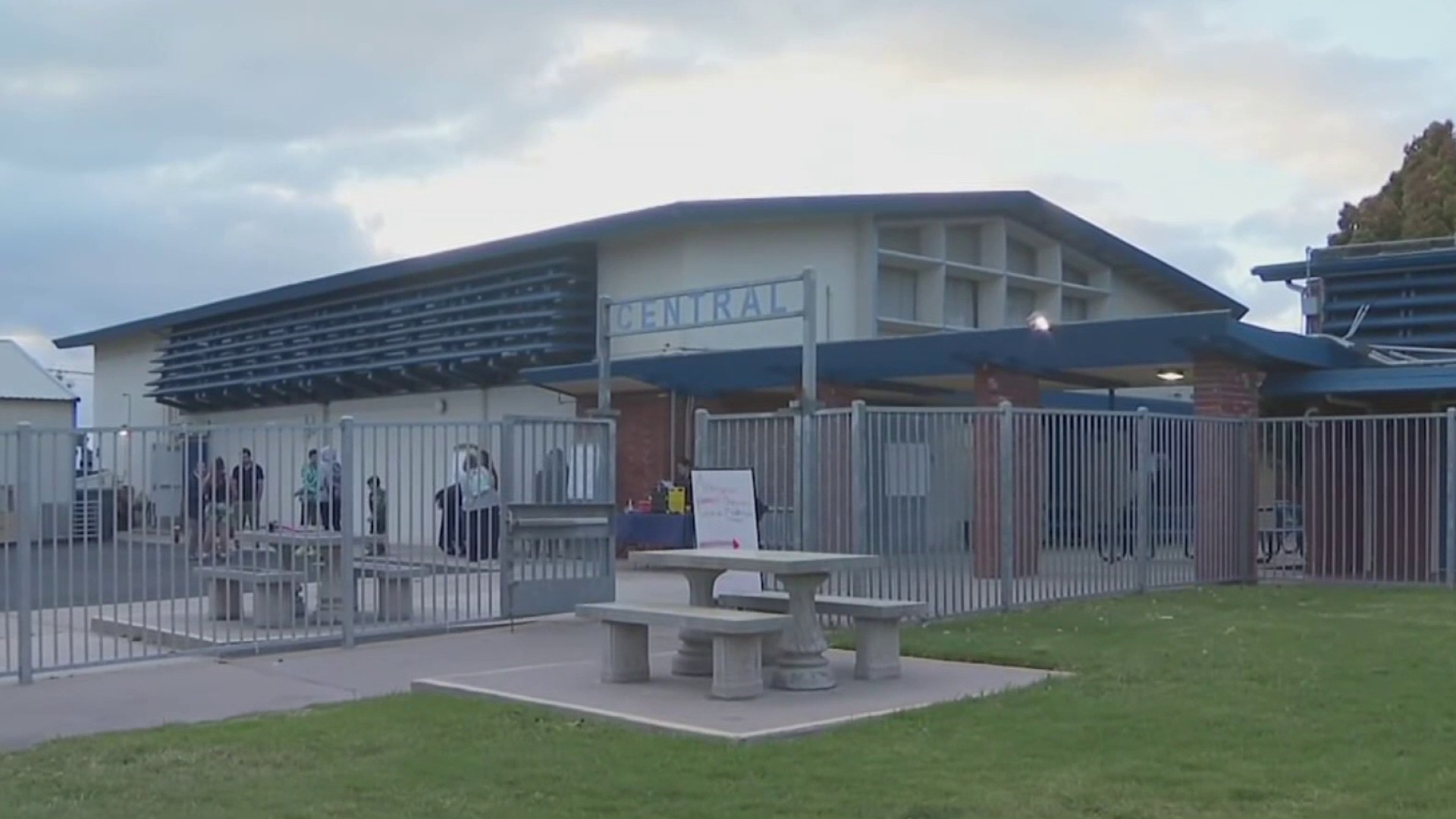The Trump administration’s missile strikes on Syria last week in retaliation for a chemical weapons attack by President Bashar Al-Assad on his own people have left the world wondering how Syria’s government will react and what this means for future U.S. engagement in the region.
On ABC’s “This Week” Sunday morning, Secretary of State Rex Tillerson said the attack carries a message to any nation that may become a threat to others or violate international agreements.
San Diego State University’s School of Public Affairs professor Ric Epps agrees partially with that statement.
“My initial thought is that this is a statement on some level that needed to be made, he tells NBC 7. “However, the process on how he [President Trump] made it is what I’m concerned about. Typically during this time when the president’s ratings are low and his ratings were very low, when they commit a military action or something like this, ratings tend to go up significantly. And Trump needed a win.”
Epps says he’s concerned by the fact that Trump called for the missile strikes without checking with Congress or the UN Security Council. “I understand on some level why he couldn’t because Russia is there. On the other hand, having the ability to do this unilaterally, meaning on his own, is a problem. Congress has said so. They’ve said ‘whoa, you don’t do this without checking with us.’”
Epps doesn’t believe Trump has a larger strategy when it comes to Syria.
“What everyone is saying,” he says, “and this is all subjective, is that he saw the pictures of babies, and that was a response based on emotions. If those pictures were a catalyst, that’s not always a bad thing, but on the other hand, do you really want someone making emotional decisions? Once you start that action, it’s very hard to undo, particularly if you have collateral damage.”
Local
In his first television interview Sunday, National Security Adviser H.R. McMaster left open the possibility of further military action in Syria saying the U.S. seeks to oust Assad.
"I think we’re already in a war," Epps says. “But it has traditionally been couched as a War on Terror. But let’s be honest, we’ve left Syria in sort of a vast wasteland of nothingness for the last six years, which has allowed for ISIS and other groups to bear fruit. Part of it is because of Russia, because Russia has the base there and Russia has been the UN Security block for us being able to take action for a long time."
"The problem," he explains, "is if we circumvent Russia, not that we can’t, when you look at the long term reality of what’s taking place there, and with all the Islamic radicalism in the country, we’re setting ourselves up for a potential long term engagement. Whether it ends up being a major war or even a proxy war with Russia, pitting groups against each other, that’s what I’m concerned about. Those wars tend to be even more caustic than the short term real wars when you drop major troops in and do major battles. Political wars can be very messy.”



